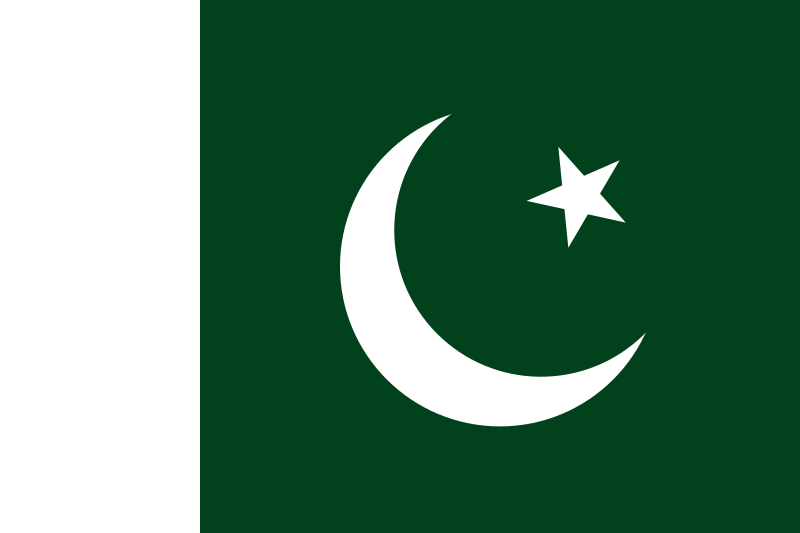Are We to Live or Perish Forever?
 I've been dimly aware of the history of Pakistan, with most of my knowledge coming from a combination of Gandhi and The Jewel in the Crown. As excellent as both of those works are, Pakistan is treated as somewhat secondary to the story. A sort of, "Oh yeah, this country started too" sidebar in the story of India's independence.
I've been dimly aware of the history of Pakistan, with most of my knowledge coming from a combination of Gandhi and The Jewel in the Crown. As excellent as both of those works are, Pakistan is treated as somewhat secondary to the story. A sort of, "Oh yeah, this country started too" sidebar in the story of India's independence.As always, there's more to it than that. Both of those films do a good job of indicating that there was a push for an independent Muslim nation in that area of the world long before the British left. My title today is taken from a seminal work by Choudhary Rahmat Ali written in 1933 describing such a state. A sort of Thomas Paine's "Common Sense" for the Indian subcontinent. What is the most remarkable to me is how much sense the essay makes. We have a picture of Gandhi as a sort of Abraham Lincoln figure, desperately trying to hold the nation together. But there really wasn't that much cohesiveness to begin with. Add to that the distrust between Christians and Muslims that had been growing for 500 years and the creation of a Muslim state seems inevitable.
But even from these early days it was clear that this wasn't going to be easy, and that it wasn't going to be handled well. From the massive relocation of people to their separate states, uprooting families and turning half a nation into refugees; to an almost instantaneous war with India and tensions that continue to this day.
Sadly, Pakistan hasn't done much to help itself out through all this. A string of military dictators leading the country spelled by corrupt administrations has left Pakistan as a huge question mark between a highly unstable area and an area that while poor seems to be relatively stable and have opportunities for growth.
The events of 9/11 only complicated the situation, as the United States needed Pakistan's help to root out the Taliban in Afghanistan. This meant relying on the military dictator currently in power. Once the war in Iraq was started, the U.S. effectively had to turn the fight against the Taliban over to the Pakistanis entirely. This may not have been the best decision, given that there is a strong undercurrent of Islamic fundamentalism in Pakistan, and Musharraf came to power through the Islamic parties.
Now Musharraf has again suspended the Constitution and placed the country under an outright military dictatorship. Not only does this spoil any chance of even quasi-democratic elections, it once again opens up the possibility of nuclear conflict between India and Pakistan. It also puts us in the awkward yet all too familiar position of supporting a military dictatorship because it supposedly serves the interests of national security. I can't help but wonder if we had focused all our attention on Afghanistan and left Iraq alone, would Musharraf have been in a position to do this now?
At any rate, the purpose of this entry isn't to say anything definitive about the situation, but just to show how important this is. To really begin to understand what is involved in this, I recommend today's commentary on NPR by Mohsin Hamid, as well as his most excellent book The Reluctant Fundamentalist. These are much more dangerous times in Pakistan than you might think.

Comments
Here, lighten things up with the game I tagged you on . . . you're it!
http://caterwauller.blogspot.com/2007/11/various-topics.html#links